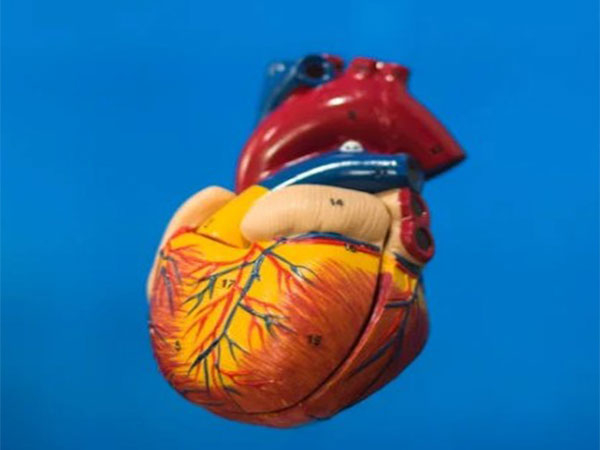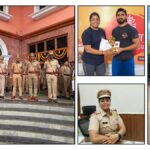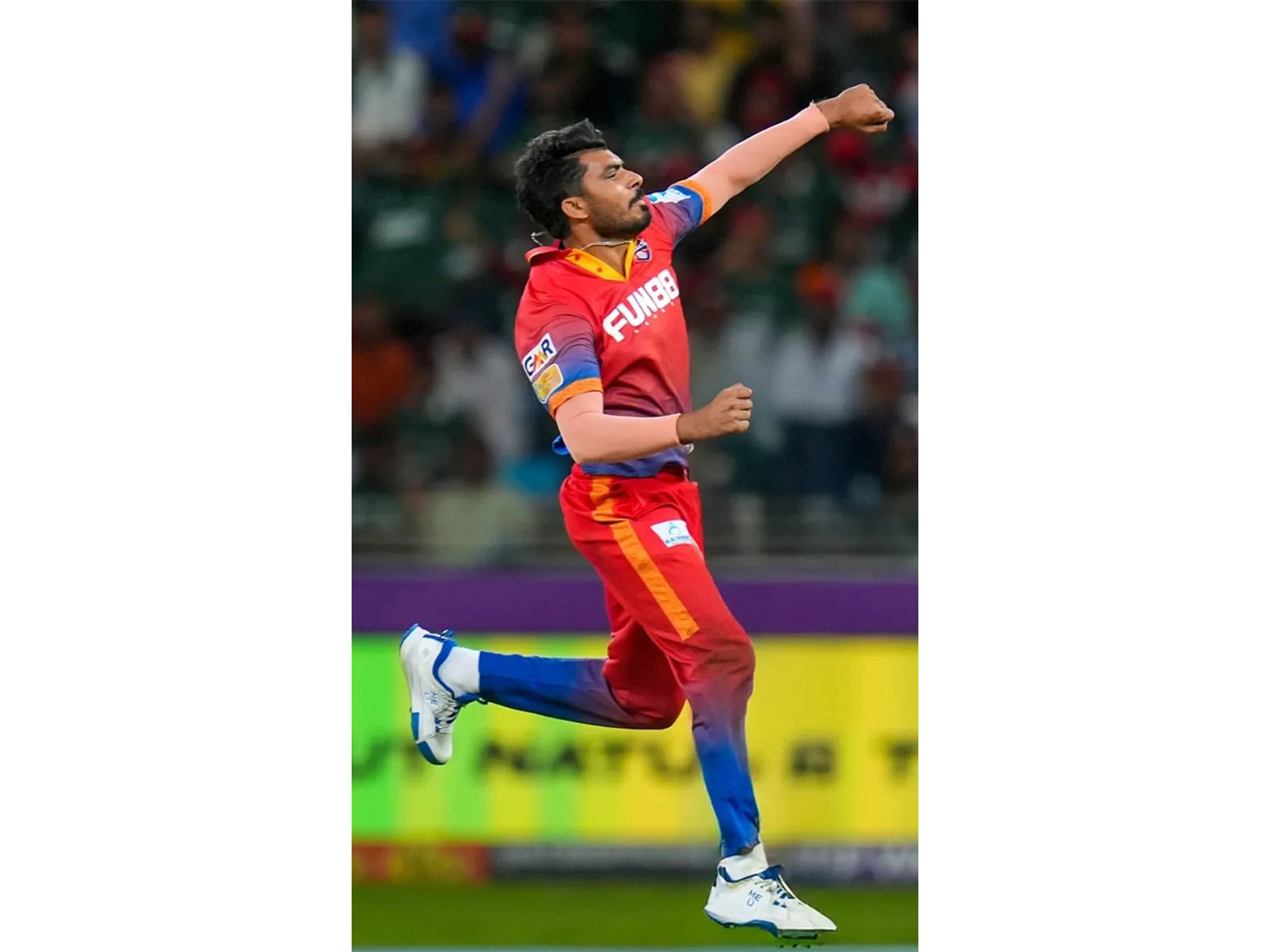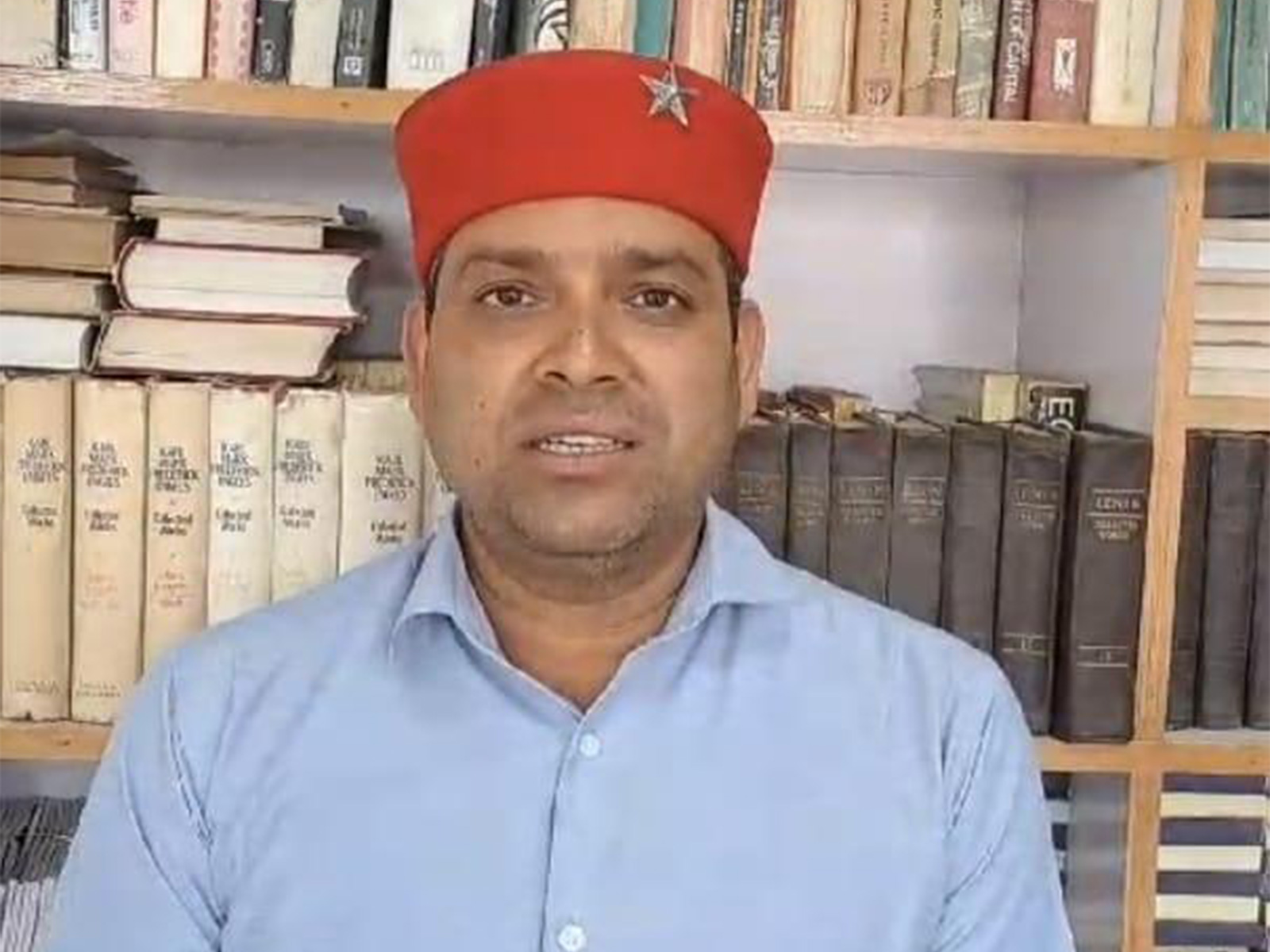Washington [USA], December 30 (ANI): A research team at the University of Arizona College of Medicine–Tucson’s Sarver Heart Center found that a subset of artificial heart patients can regenerate heart muscle, which opens the possibilities of new ways to treat and perhaps someday cure heart failure.
The results of the research which was co-led by a physician-scientist were published in the journal Circulation.
Comparing the repair of skeletal muscles to heart muscles, Hesham Sadek, MD, PhD, director of the Sarver Heart Center and chief of the Division of Cardiology at the University of Arizona College of Medicine — Tucson’s Department of Medicine said that when a heart muscle doesn’t grow back if it gets injured, “We have nothing to reverse heart muscle loss.”
Sadek led a collaboration between international experts to investigate whether heart muscles can regenerate. The study was funded through a grant by the Leducq Foundation Transatlantic Networks of Excellence Program.
The project began with tissue from artificial heart patients provided by colleagues at the University of Utah Health and School of Medicine led by Stavros Drakos, MD, PhD, a pioneer in left ventricular assist device-mediated recovery.
Jonas Frisen, MD, PhD, and Olaf Bergmann, MD, PhD, of the Karolinska Institute in Stockholm, led teams in Sweden and Germany and used their innovative method of carbon dating human heart tissue to track whether these samples contained newly generated cells.
The investigators found that patients with artificial hearts regenerated muscle cells at more than six times the rate of healthy hearts.
“This is the strongest evidence we have, so far, that human heart muscle cells can actually regenerate, which really is exciting, because it solidifies the notion that there is an intrinsic capacity of the human heart to regenerate,” Sadek said.
Earlier, Sadek published a paper in Science showing that while heart muscle cells actively divide in utero, they stop dividing shortly after birth to devote their energy to pumping blood through the body nonstop, with no time for breaks.
In 2014, he published evidence of cell division in patients with artificial hearts, hinting that their heart muscle cells might have been regenerating.
“The pump pushes blood into the aorta, bypassing the heart,” he said. “The heart is essentially resting.”
Sadek’s previous studies indicated that this rest might be beneficial for the heart muscle cells, but he needed to design an experiment to determine whether patients with artificial hearts were actually regenerating muscles.
“Irrefutable evidence of heart muscle regeneration has never been shown before in humans,” he said. “This study provided direct evidence.”
However, Sadek wants to figure out why only 25 per cent of patients responded to the regeneration of the muscle.
“It’s not clear why some patients respond and some don’t, but it’s very clear that the ones who respond have the ability to regenerate heart muscle,” he wrote.
Sadek believes that in future a mechanical heart will not be a therapy on which people will rely and with this study, he hopes to deliver regenation of heart muscles in future. (ANI)
Disclaimer: This story is auto-generated from a syndicated feed of ANI; only the image & headline may have been reworked by News Services Division of World News Network Inc Ltd and Palghar News and Pune News and World News
HINDI, MARATHI, GUJARATI, TAMIL, TELUGU, BENGALI, KANNADA, ORIYA, PUNJABI, URDU, MALAYALAM
For more details and packages
















